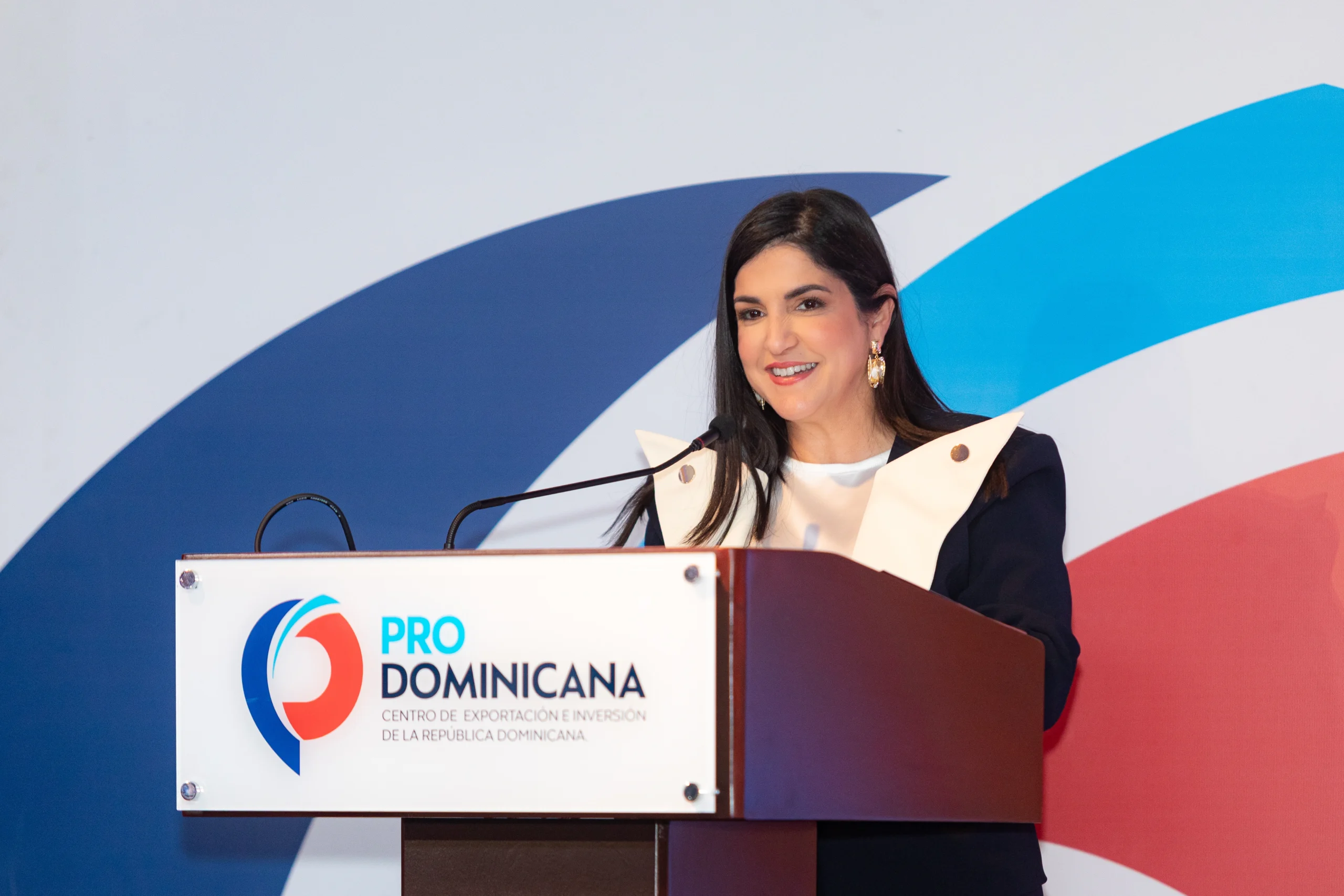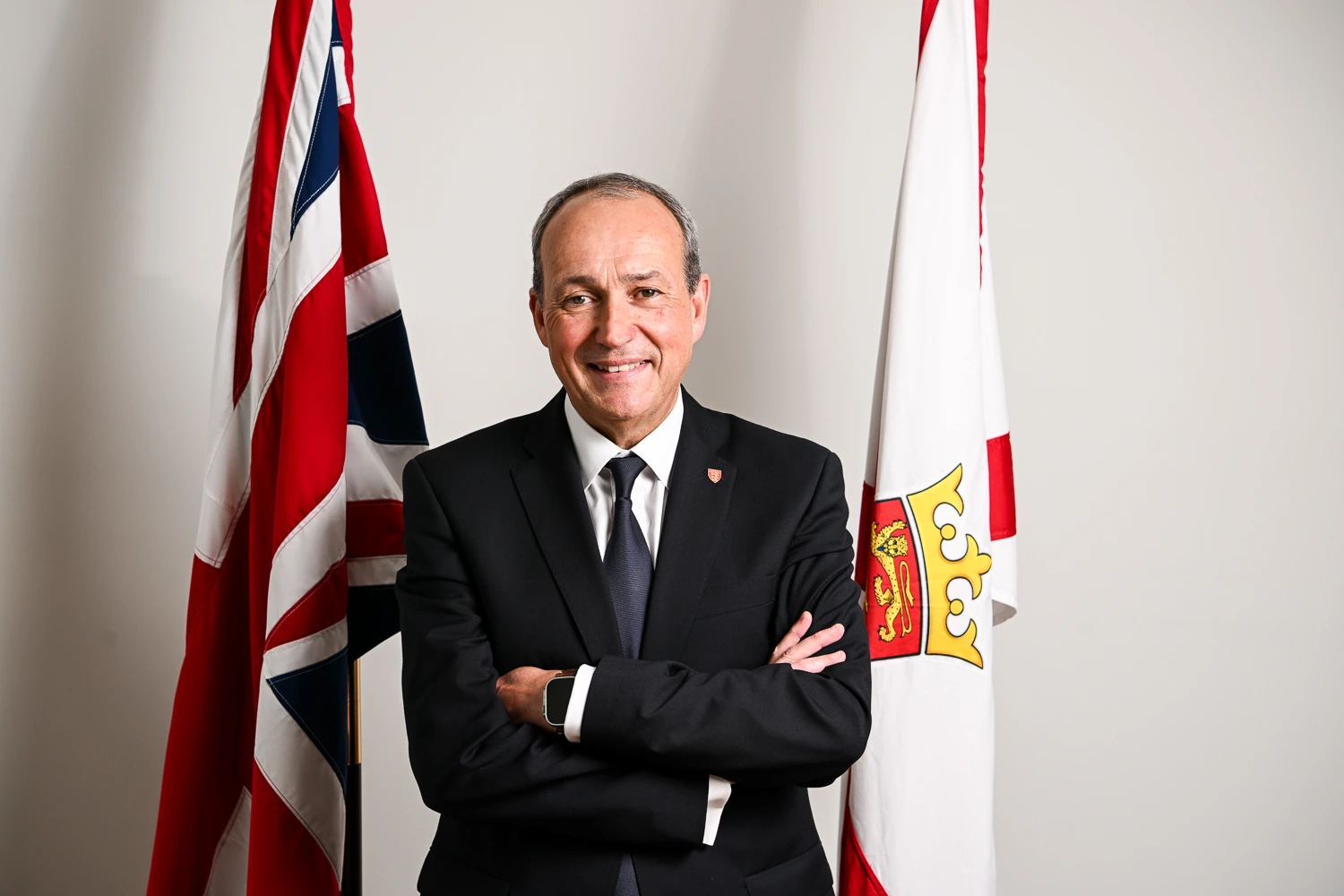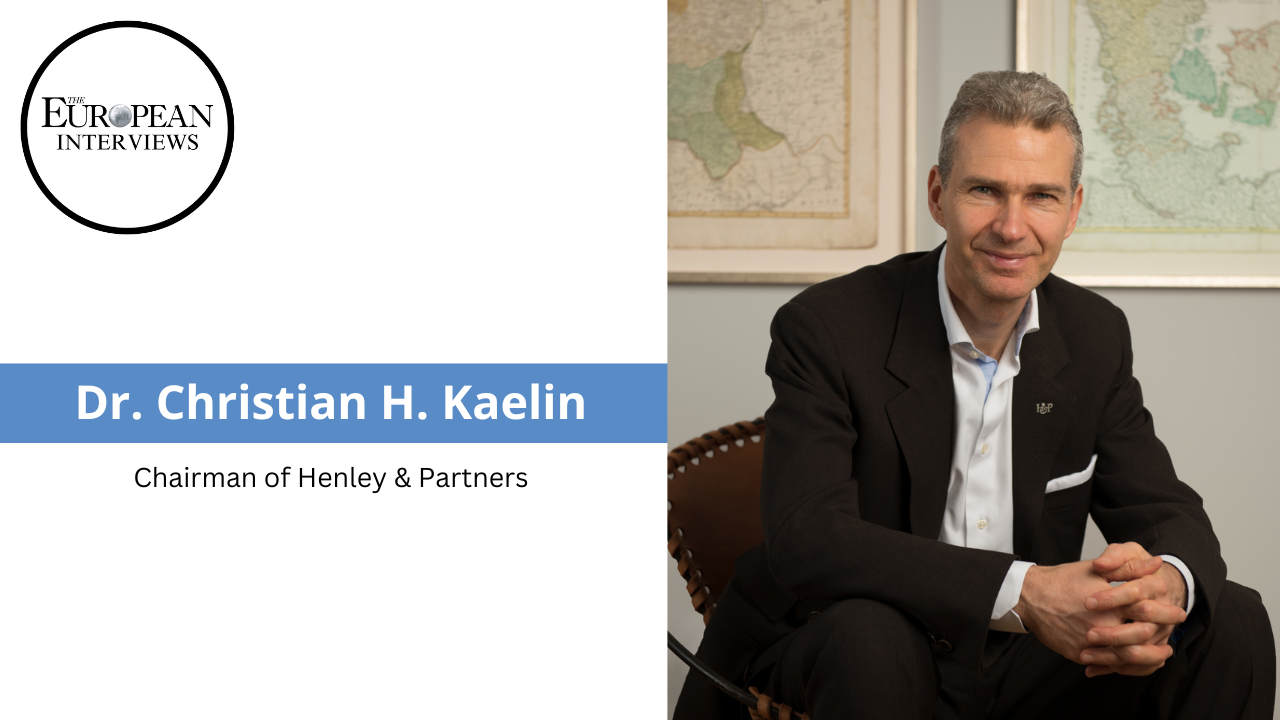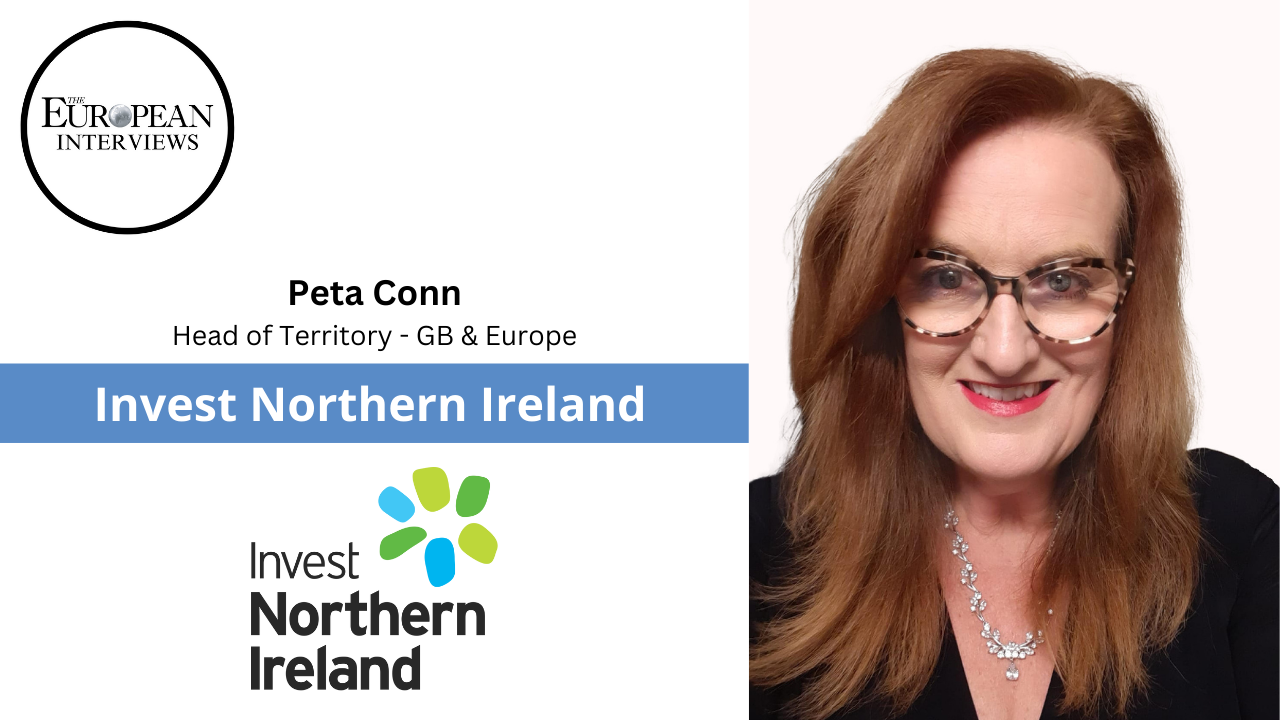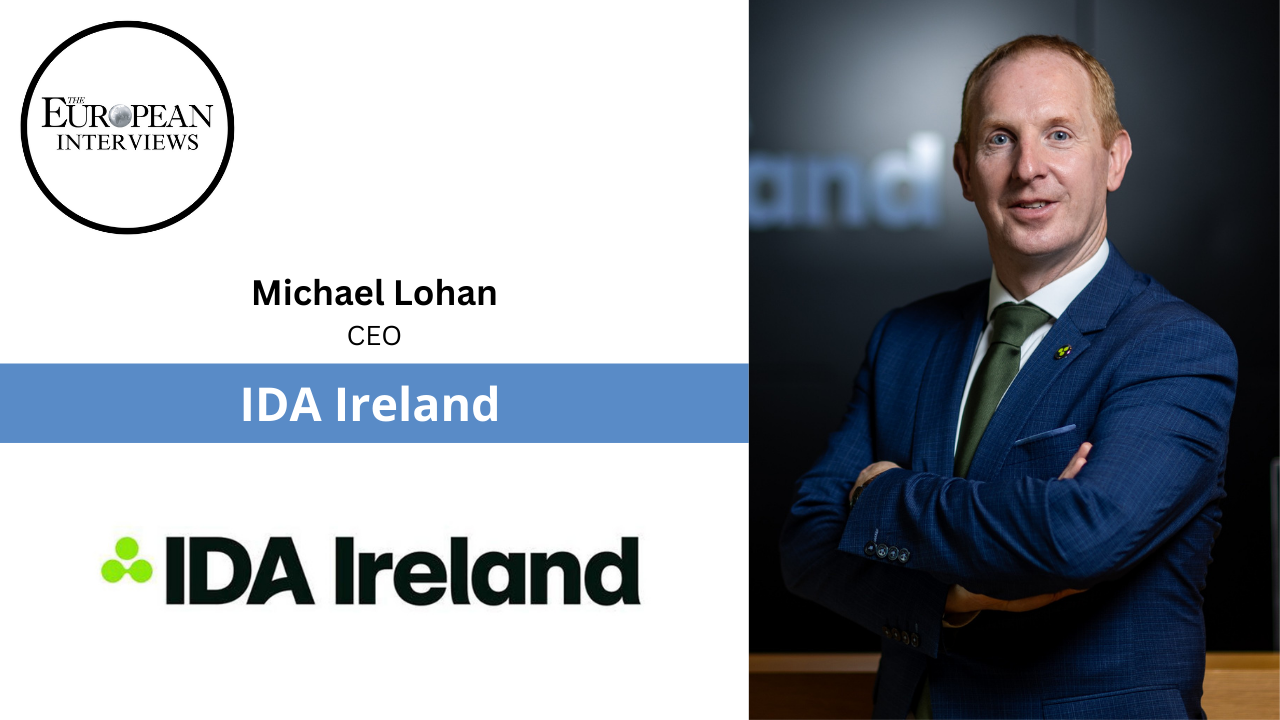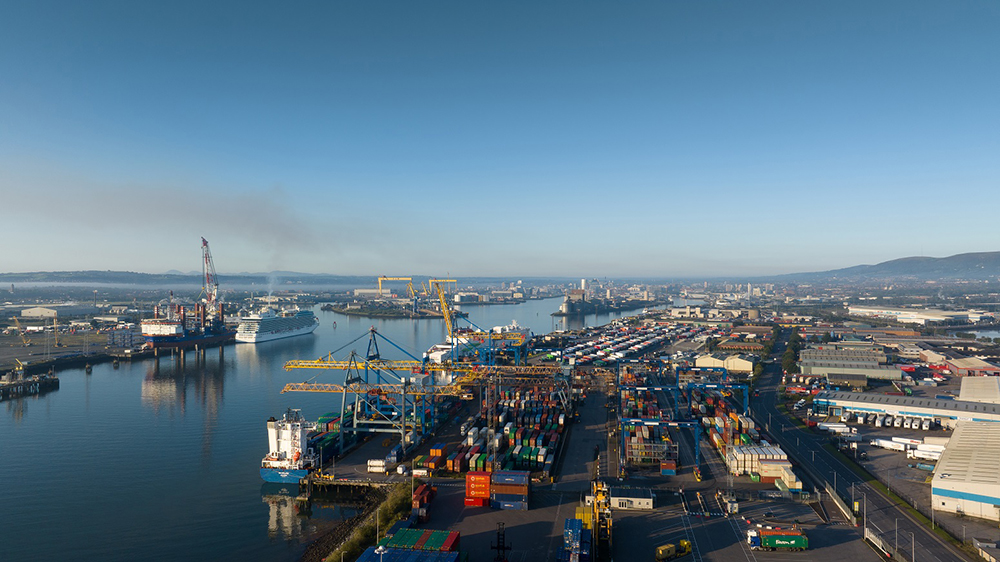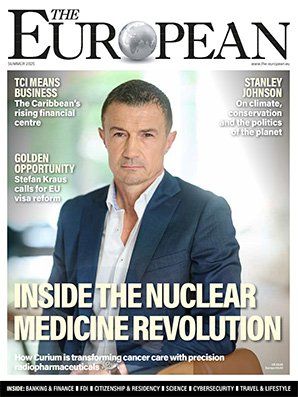Liechtenstein tops global index for foundations

John E. Kaye
- Published
- Foreign Direct Investment

The Global Philanthropy Environment Index 2025, compiled by Indiana University, assessed 95 economies on how favourable they are to charitable giving. Liechtenstein, a principality of just 40,000 people, scored highest worldwide, surpassing Switzerland, Germany and the United States
The Global Philanthropy Environment (GPEI) Index, released this summer, ranked 95 economies on the conditions they provide for charitable giving. Liechtenstein, a microstate of only 40,000 people, achieved a near-perfect score of 4.92 out of five for the second time after 2022.
The Index, compiled every three years by the Lilly Family School of Philanthropy at Indiana University, draws on the expertise of 173 country specialists and provides the most comprehensive comparative measure of global conditions for charitable giving. Rather than focusing narrowly on tax rules, it evaluates the entire philanthropic environment by scrutinising six specific areas: legal frameworks, operational efficiency, fiscal incentives, international openness, political and economic stability, and the cultural traditions that shape attitudes to giving.
Out of 95 economies, only a small number were ranked “highly favourable” with scores above 4.5. Against a global mean of 3.60, Liechtenstein outpaced Switzerland on 4.88 and Germany on 4.74, and positioned itself above the United States.
Such an outcome rests on a country-wide framework that has been remarkably stable for almost a century. Liechtenstein enacted one of Europe’s earliest foundation laws in 1926 and chose to keep it liberal in design, giving founders broad discretion over purpose and governance, and permitting activities beyond its borders. While other jurisdictions have periodically tightened rules or rewritten legislation, the principality’s approach has been continuity. That predictability has made it attractive for philanthropists seeking structures that will survive across generations.
Continuity has been reinforced by a wider political and economic context that donors tend to prize. A constitutional monarchy with strong democratic institutions has provided institutional stability; economic policy has been liberal; and per-capita income ranks among the highest in the world. The cumulative effect is an environment in which foundations can be confident that the rules will not be altered abruptly and that assets will remain secure.
Recognition across Europe has also helped. Because the country belongs to the European Economic Area, its legal entities are generally accepted within the EU, and its tax law has been designed to align with European standards. That balance, which is favourable to philanthropy but compatible with Brussels, has turned Liechtenstein into a convenient hub for cross-border giving. Donors can structure foundations with confidence that recognition will extend into larger markets without encountering the disputes that sometimes complicate jurisdictions outside the European framework.
Beneath the legal and economic framework lies a cultural dimension that proved equally influential in the Index. Philanthropy in Liechtenstein is not treated as an occasional pursuit of the wealthy but as part of the national tradition, promoted by government and widely accepted by society. For the experts contributing to the Index, such acceptance matters because trust and cultural legitimacy underpin the effectiveness of regulation. A country where giving is understood and valued generates a more sustainable environment than one where rules exist without broad public support.
Recent reforms illustrate how the principality has paired stability with agility. In 2024, new provisions clarified that charitable foundations could allocate part of their assets to impact investing and venture philanthropy without losing tax-exempt status. The change enabled organisations to pursue financial returns aligned with their mission, reflecting a global shift in donor expectations. Where larger countries often spend years consulting and legislating, Liechtenstein was able to move quickly, an advantage of its size and political structure.
In the United States, debates about philanthropy have been caught up in political polarisation, and incentives vary from state to state. Germany and Switzerland, despite their high scores, have added regulatory complexity, particularly for cross-border operations. The UK faces further complications since leaving the EU, while many emerging economies still contend with weaker institutions, limited incentives and economic volatility. Against this backdrop, Liechtenstein’s combination of a liberal legal code and swift responsiveness has created an environment that few rivals can match.
The country’s financial sector provides further support. Liechtenstein is known for its expertise in asset management and long-term wealth preservation, and that infrastructure is readily available to foundations. Service providers from fiduciaries to investment advisers are accustomed to structuring assets in ways that align with philanthropic goals. For donors, the availability of professional support makes the jurisdiction not just legally attractive but practically functional.
The GPEI found that international philanthropy has become more restricted in many countries, with governments tightening controls on cross-border flows in the name of security or transparency. Scores in this category fell in several regions compared with earlier editions of the Index. Liechtenstein, by contrast, treats international donations much the same as domestic ones, setting it apart as a jurisdiction where global philanthropists face no additional hurdles. For those operating across borders, that simplicity is a significant advantage.
Switzerland continues to refine its foundation laws, the Netherlands and Germany are active competitors, and the UK remains a significant base despite its post-Brexit challenges. The result is a crowded marketplace in which each jurisdiction must prove its relevance. For Liechtenstein, the task is to preserve its liberal tradition while remaining alert to innovation elsewhere. The strong result in 2025 is viewed by Liechtenstein Finance, the organisation promoting the principality’s financial centre, as a confirmation of the philanthropic centre’s strategy based on the combination of a liberal 1926 law with targeted modernisation. External recognition from Indiana University’s Index is evidence that the model continues to deliver.
“This ranking underlines that a predictable, liberal legal framework combined with measured reforms creates the best conditions for philanthropy,” Nicole Bays, Managing Director at Liechtenstein Finance, told The European.
“The philanthropic centre Liechtenstein strives to ensure that donors and foundations find a stable home here and have the flexibility to adapt to new forms of giving such as impact investing,” she added.
It remains to be seen which countries will be able to adapt to the trends reshaping philanthropy globally. By the time the Index is compiled again in 2028, intergenerational wealth transfer, climate-related giving and rapid digitalisation are expected to be major forces, each with the potential to reshape the way philanthropy is organised. Wealth transfers will test governance structures, climate philanthropy demands collaboration across borders, and digital platforms raise new questions of accountability.
The reforms of 2024 demonstrate that Liechtenstein is committed to continue developing its framework conditions. Its liberal legal framework provides scope for accommodating new practices, and its compact size allows change to be introduced more swiftly than in larger jurisdictions. Leadership in the GPEI for the second time in succession is a recognition of the location’s strength and quality.
Taken together, the evidence shows that philanthropic environments are not solely a product of scale but depend on a combination of legal clarity, political and economic stability, cultural legitimacy and an openness to innovation. Liechtenstein’s position at the top of the 2025 Index demonstrates how those elements can be assembled in a small state with a long tradition.
“The recognition confirms that Liechtenstein continues to offers the most favourable environment for foundations worldwide — and it underlines that leadership in this field is not limited to the largest countries,” Bays said.
Fact File: The Global Philanthropy Environment Index
Not every country makes it easy to give money away. Some have clear rules, good tax breaks and a culture that welcomes philanthropy. Others put up hurdles.
The Global Philanthropy Environment Index (GPEI) is the study that tracks all this, comparing nations to show where charitable foundations and donors find the smoothest path.
What is it?
The Global Philanthropy Environment Index (GPEI) is the most wide-ranging international study of how easy — or difficult — it is to give money away. It looks beyond the size of a country’s charitable sector and instead focuses on the conditions that shape philanthropy: the rules, the tax system, the political climate and even social attitudes towards giving. By pulling all this together, the Index provides a snapshot of where foundations and donors find real support, and where barriers still exist.
Who produces it?
It’s compiled every three years by the Lilly Family School of Philanthropy at Indiana University in the US.
How many countries are covered?
The 2025 edition assessed 95 economies — up from 91 in 2022 — making it the broadest review of its kind.
Who does the judging?
A network of 173 country experts contributed their knowledge of legal, cultural, economic and political conditions for philanthropy.
What does it measure?
Six factors are examined:
• Legal framework for setting up and running a foundation
• Ease of day-to-day operations
• Tax incentives for donors
• Rules on cross-border giving
• Political and economic stability
• Cultural attitudes to philanthropy
How is it scored?
Each country is rated on a scale of 1 to 5, with 5 meaning the most favourable conditions. The global average in 2025 was 3.60.
Who came out on top?
Liechtenstein achieved the highest score at 4.92, followed closely by Switzerland (4.88) and Germany (4.74).
Why does it matter?
The Index offers a global benchmark for donors, foundations and policymakers, showing where philanthropy can thrive and where barriers remain. It also highlights reforms — such as those in Liechtenstein — that can make giving more effective and wide-reaching.
Further information
This article was produced with support from Liechtenstein Finance. To find out more, visit https://finance.li/en/
Sign up to The European Newsletter
RECENT ARTICLES
-
 Malta introduces Nomad Heritage Card for remote professionals
Malta introduces Nomad Heritage Card for remote professionals -
 How free global cities could reshape the future of migration
How free global cities could reshape the future of migration -
 Dominican Republic positions itself as Caribbean hub for sustainable trade and investment
Dominican Republic positions itself as Caribbean hub for sustainable trade and investment -
 Biviana Riveiro Disla speaks to The European about the Dominican Republic’s role as a hub for trade and investment
Biviana Riveiro Disla speaks to The European about the Dominican Republic’s role as a hub for trade and investment -
 Liechtenstein tops global index for foundations
Liechtenstein tops global index for foundations -
 Keeping the door open: wealthy UK citizens investing their way back into the EU
Keeping the door open: wealthy UK citizens investing their way back into the EU -
 Ethiopia emerges as a sustainable investment leader on the African stage
Ethiopia emerges as a sustainable investment leader on the African stage -
 France’s FDI renaissance marks a Nouvelle Ère for Europe
France’s FDI renaissance marks a Nouvelle Ère for Europe -
 The Turks and Caicos Islands: A new era for financial services and innovation
The Turks and Caicos Islands: A new era for financial services and innovation -
 Jersey in focus – an interview with Chief Minister Deputy Lyndon Farnham
Jersey in focus – an interview with Chief Minister Deputy Lyndon Farnham -
 Malta – a popular base for digital nomads
Malta – a popular base for digital nomads -
 Move to Guernsey: The Channel’s island gem
Move to Guernsey: The Channel’s island gem -
 Malta’s residency-by-investment programme: a clear path to permanent residency
Malta’s residency-by-investment programme: a clear path to permanent residency -
 The banking shift that Europe’s businesses can’t afford to ignore
The banking shift that Europe’s businesses can’t afford to ignore -
 High-net-worth Europeans turn to investment migration amid security fears
High-net-worth Europeans turn to investment migration amid security fears -
 Beyond the beaches: a spotlight on the Turks and Caicos Islands
Beyond the beaches: a spotlight on the Turks and Caicos Islands -
 Video Interview with Dr. Christian H. Kaelin of Henley & Partners
Video Interview with Dr. Christian H. Kaelin of Henley & Partners -
 Ireland’s resilience and future in Foreign Direct Investment
Ireland’s resilience and future in Foreign Direct Investment -
 Video Interview with Peta Conn of Invest Northern Ireland
Video Interview with Peta Conn of Invest Northern Ireland -
 The Isle of Man: Space to thrive
The Isle of Man: Space to thrive -
 Video Interview with Michael Lohan of IDA Ireland
Video Interview with Michael Lohan of IDA Ireland -
 Inside Look: Greater Manchester's Financial Services Boom
Inside Look: Greater Manchester's Financial Services Boom -
 Extraordinary opportunities for FDI in Ireland
Extraordinary opportunities for FDI in Ireland -
 Mozambique: A market of opportunities
Mozambique: A market of opportunities -
 Northern Ireland – Built for Business
Northern Ireland – Built for Business




